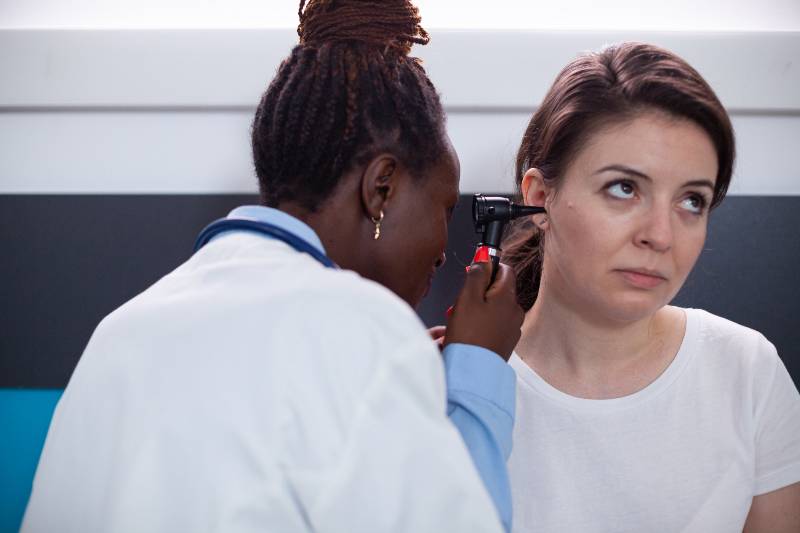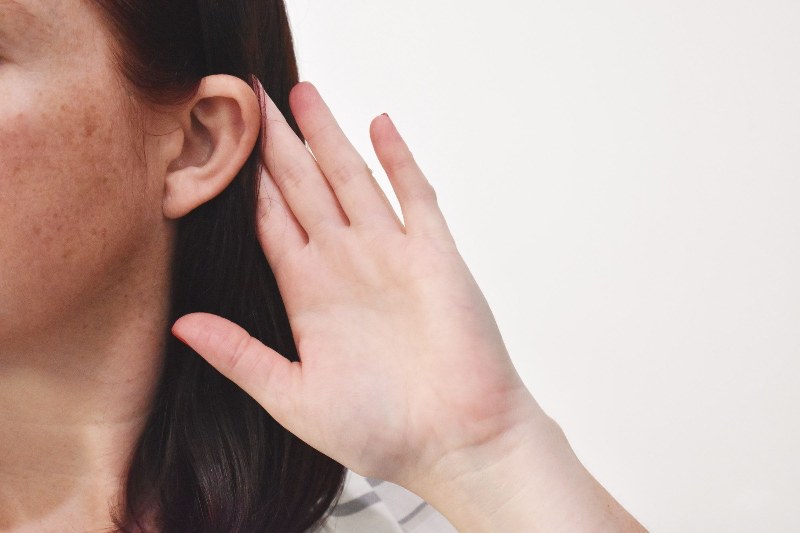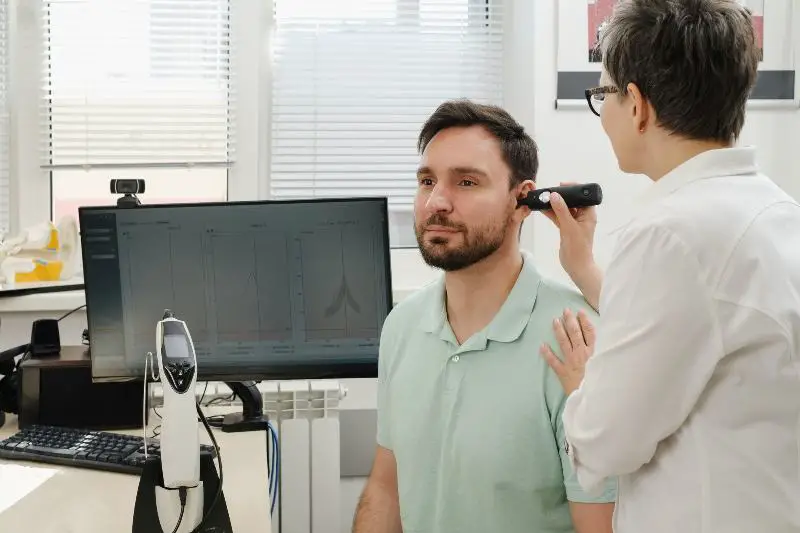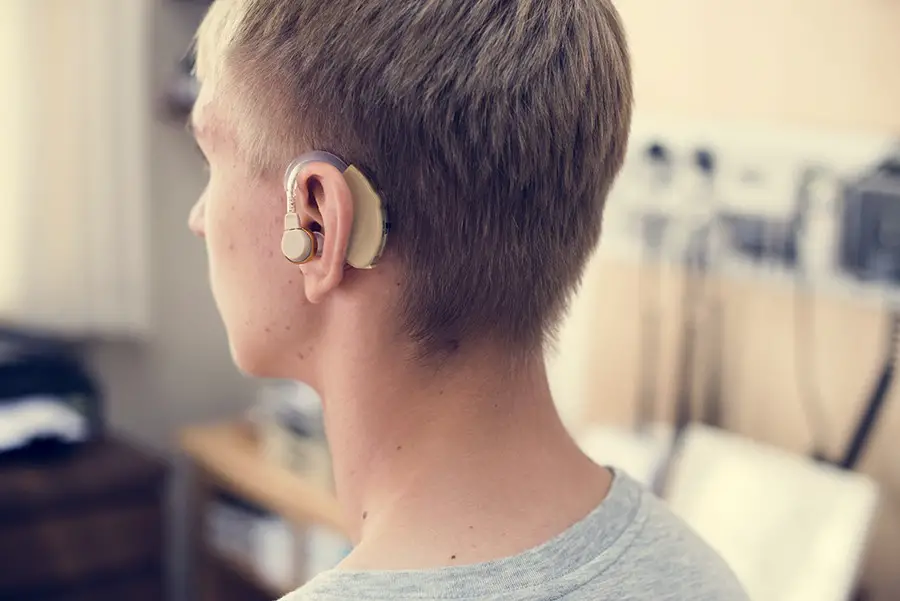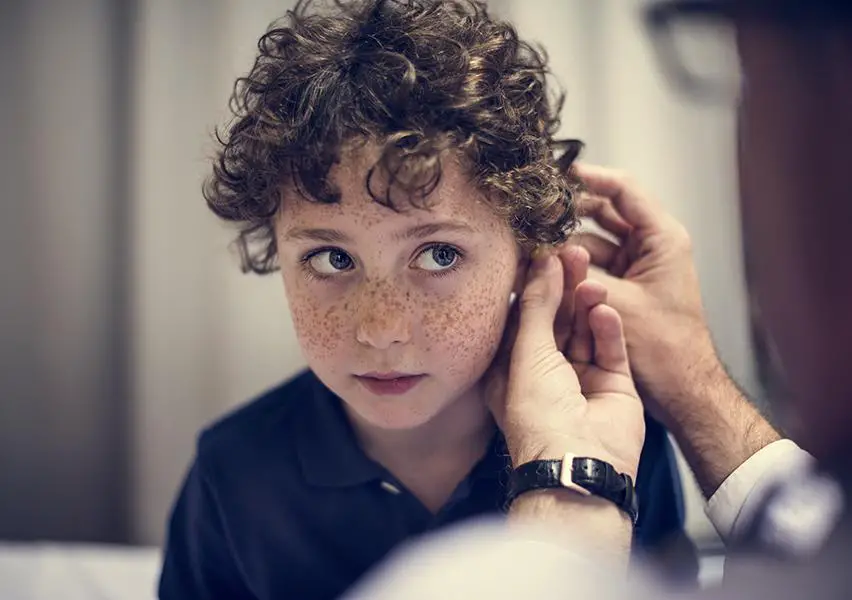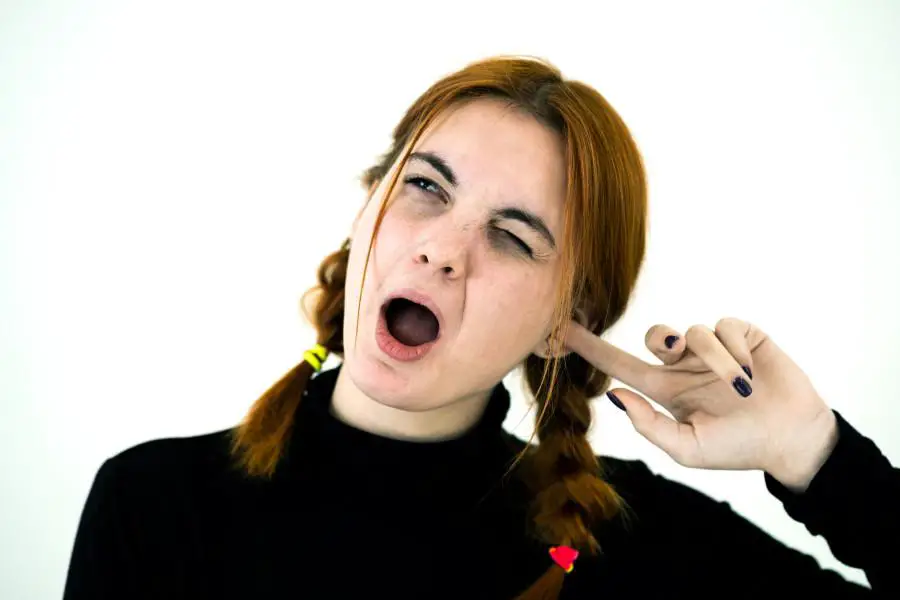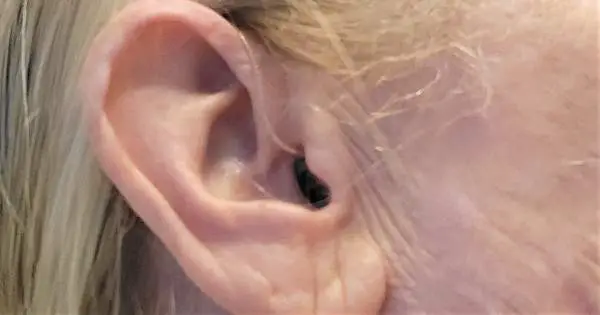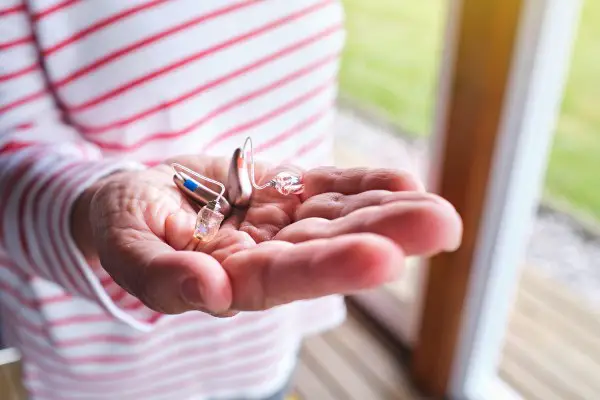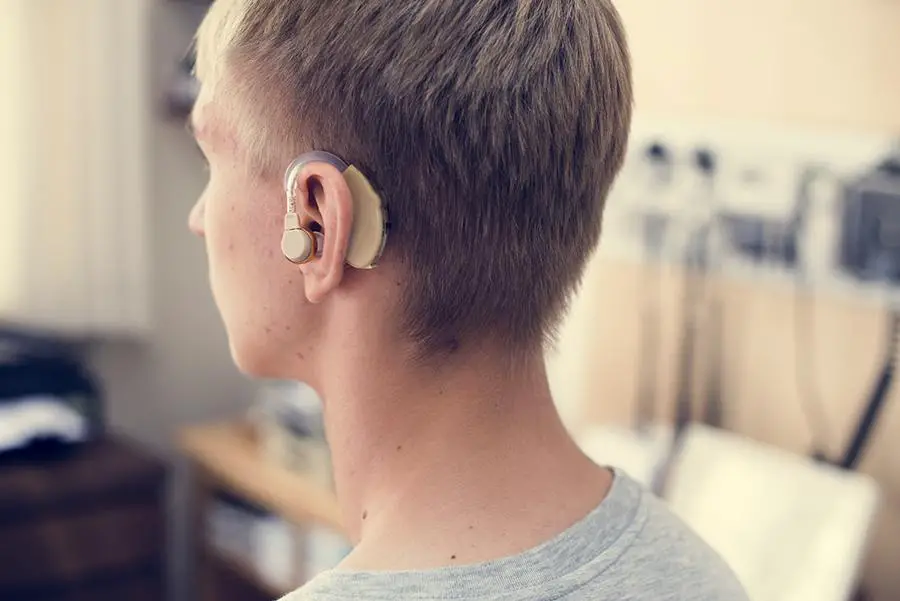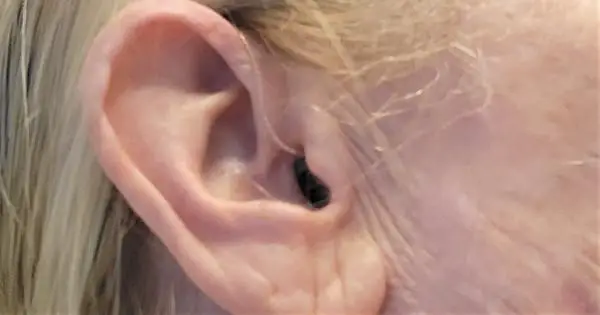Blog - Sensorineural Hearing Loss

Latest News
Welcome to the Hearing Quest blog, Sensorineural Hearing Loss (SNHL) is a form of hearing impairment caused by damage to the delicate structures of the inner ear or the auditory nerve. Unlike conductive hearing loss, which affects the outer or middle ear, SNHL disrupts the intricate process of translating sound waves into electrical signals for the brain. Commonly attributed to factors such as aging, exposure to loud noises, genetic predisposition, illnesses, or trauma, SNHL manifests as difficulty understanding speech, muffled sounds, and sometimes accompanied by tinnitus. Treatment options include hearing aids, cochlear implants, and auditory rehabilitation to help individuals navigate the challenges posed by this form of hearing loss.
Living with sensorineural hearing loss often requires adaptive strategies and patience. Assistive listening devices, such as FM systems or loop systems, can enhance sound perception, especially in challenging environments. Additionally, auditory rehabilitation, including speech therapy and training, empowers individuals to develop effective communication skills and adapt to the changes in their hearing abilities.
The impact of sensorineural hearing loss extends beyond the physical aspects, affecting social interactions, mental well-being, and overall quality of life. Tinnitus, a common companion to SNHL, adds an extra layer of challenge, with individuals experiencing persistent ringing or buzzing sounds in their ears.
Despite these challenges, advancements in technology and a growing understanding of the complexities of sensorineural hearing loss offer hope. Ongoing research explores potential therapeutic interventions and genetic treatments, aiming to address the root causes of SNHL and pave the way for more effective management.



